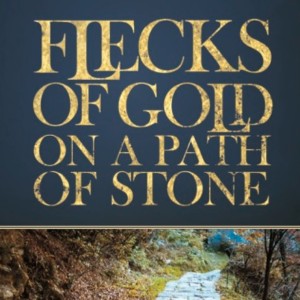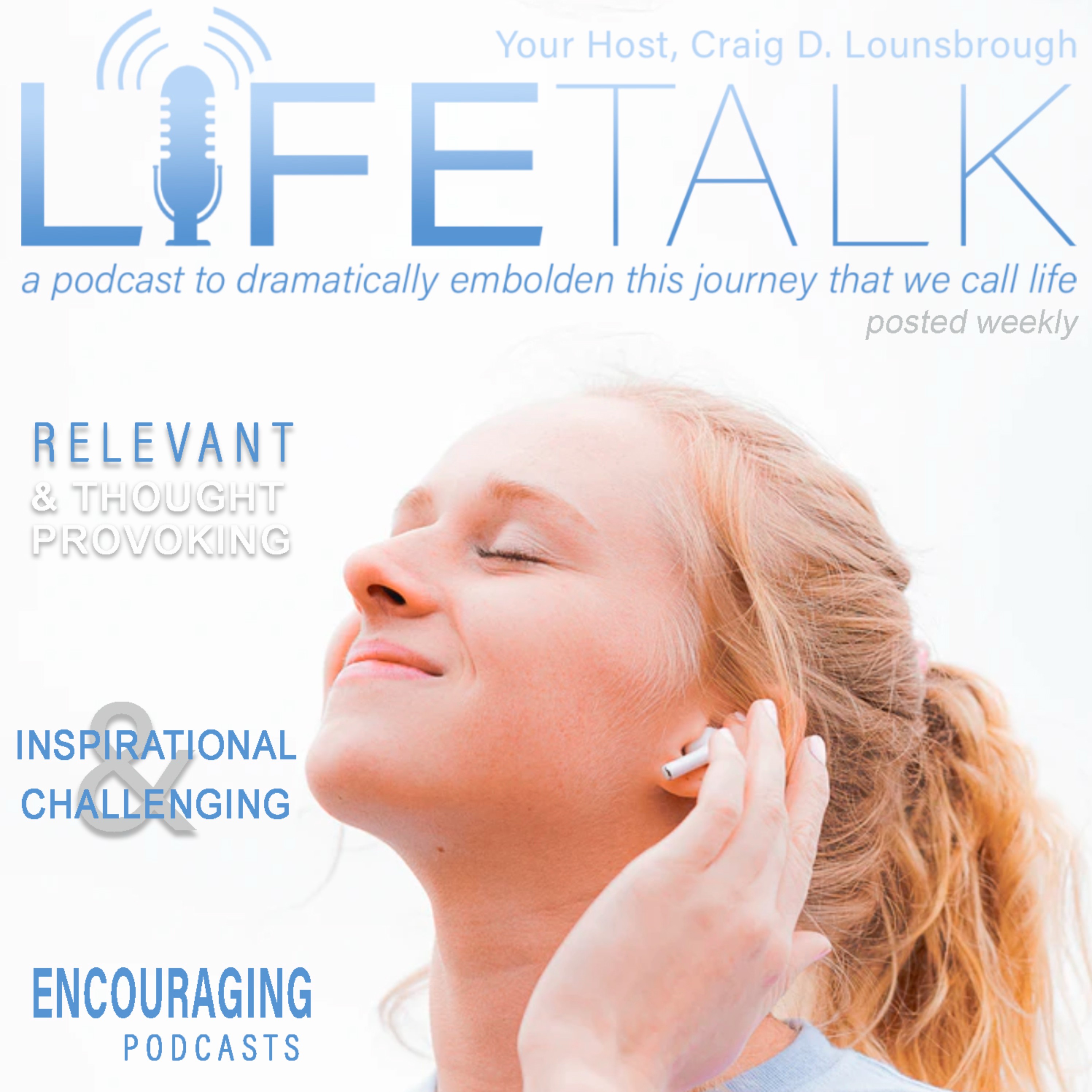Episodes

Thursday Mar 06, 2025
Thursday Mar 06, 2025
Flecks of Gold on a Path of Stone - Simple Truth's for Life's Complex Journey" - Part Two
Forgiveness often seems to be one of those things that’s a genuinely nice idea, but not really a life liberating reality. Life is full of nice ideas; those trite sayings, gentle stories and brave concepts that would make life a whole lot better if they were really real. Nice ideas often seem to be spun of the threads of idealism and the fabric of fanciful thinking. The reality is that they don’t really seem to work in the real world. Sometimes the very things that we wish were true simply dissolve and disintegrate when the reality of life hits them. Forgiveness seems to be one of those things.
Sometimes the greatest, most profound truths seem to be the very things that are completely removed from the reality of the lives that we live. In reality, it’s not that they don’t fit or are idealistic or naïve or far-fetched. Most often it’s simply the fact that we don’t know how to incorporate them. Sometimes the greatest truths are so big and so encompassing that we can’t figure out how to figure them in. And because we can’t somehow make them fit, we assume them to be irrelevant, weak, inadequate or just plain stupid. Such often seems the fate of forgiveness.
The Oxford English Dictionary defines forgiveness as “to grant free pardon and to give up all claim on account of an offence or debt.” The American Psychological Association expands the definition of forgiveness “as the process of concluding resentment, indignation or anger as a result of a perceived offense, difference or mistake, and/or ceasing to demand punishment or restitution.” Whatever your definition might be, forgiveness is about letting go in a manner so total that the offense and the restitution are released.
Obstacles to Forgiving
Forgiveness is a releasing which makes it difficult on at least three basic fronts. First, we typically demand restitution be obtained or that justice be meted out for whatever offense we have incurred. There is a deep sense of justice that demands correction of an offense through some sort of action that both compensates us for whatever loss we’re sustained while teaching the offending party that such actions are inappropriate and intolerable. The act of forgiveness works against this feeling, making forgiveness difficult and contrary.
Second, forgiveness creates a perceived sense of vulnerability. If we “grant free pardon,” do we then open ourselves up to have the same offense perpetrated upon us again? Are we giving space and opportunity for the offending party to do to us what they did before? In forgiving, have we relinquished power that we can no longer hold over the person who offended us in order to keep ourselves safe or make them pay?
Third, we see forgiveness as letting someone ‘off the hook.’ It’s a free pass, a mulligan, a turning away where we permit ignorance to erase that which should not be erased. We feel we do an injustice by not handing out justice and instead waving off an offense in a manner that seems both irresponsible and ignorant. Forgiveness is often seen as an easy way to resolve or bypass something that should be dealt with.
What Forgiveness is Not
Forgiveness is not saying that the offense was ‘okay’ or somehow less than what it really was. It’s not watering down the offense or somehow sweeping the whole thing under the proverbial carpet in some sort of passive gesture. Forgiveness has nothing at all to do with avoidance or passivity. There’s nothing placating or escapist about it. It’s not an act of weakness nor is it a means to maneuver around that which we find unsavory or downright scary. It is in reality an act of the utmost strength, the highest form of sacrifice and the deepest manifestation of our humanity.
The truth is, it’s simply saying that to hold the offense against the person is simply too toxic for the one holding it. We will be offended and we will take hits that are deep, searing and violently cutting. When that happens, we must have an alternative to holding them. There must be a release of some sort. Holding the offense stymies the one holding it, therefore not allowing the offended party to move on. Forgiveness makes nothing ‘okay.’ It’s not about that. It’s about creating freedom and release in manner that nothing else affords us.
Neither is forgiveness a means of giving the offending individual permission to reoffend. Forgiveness comes with the understanding of the nature of the offense, as well as the establishment of boundaries to keep the offense from happening again. Forgiveness is not permissive or passive. It’s not about being an inflatable punching clown that pops up for the sole purpose of taking another hit in an endless series of hits. It is an intentional act of release, not an act of permission.
What Forgiveness Is
The old saying is quite true . . . forgiveness is more for the one who forgives than for him who is being forgiven. In forgiveness, we choose to let go of the emotional toxicity that harboring anger over an offense breeds. We are not granting permission to the offense or minimizing it. Forgiveness is an act of personal liberation where we are setting ourselves free from whatever was done to us. It is not an action that invalidates the offense. Rather, it is an action that leaves the consequences of the action between a just God and the offending party while freeing us up to move on with our lives. Forgiveness is a choice to leave the past with those who created it so that we can move on to a future yet to be created. It has nothing to do with weakness and it has everything to do with strength.
The Hardest Person to Forgive
In all of this forgiveness stuff, the absolutely hardest person to forgive is most often ourselves. There’s some sort of blockage when we are the one in need of our own forgiveness. There’s something doubly binding when we are both the offending party and the one extending forgiveness all wrapped in one. The duality of all of that puts us in two roles at the same time, making forgiveness doubly difficult.
Despite the inherent difficulty, it’s right here that the greatest grace (unmerited favor) needs to be extended in that we embrace both authentic remorse for offenses we’ve incurred while extending ourselves the full release of forgiveness. Something about this dichotomy is terribly difficult, holding many hostage to mistakes far in the past that dim or even rob the hope of the future. Forgiveness is inherently powerful enough to extend itself wholly and completely to us even when we are the ones in need of forgiving ourselves.
Freeing Ourselves
What are you holding onto and why are you doing it? If you look closely enough you’re likely to see that the rationale for withholding forgiveness is far outweighed by the liberating release inherent in forgiving. Take stock of what you’re holding onto and consider the worth of holding it verses the freedom found in releasing it.


No comments yet. Be the first to say something!